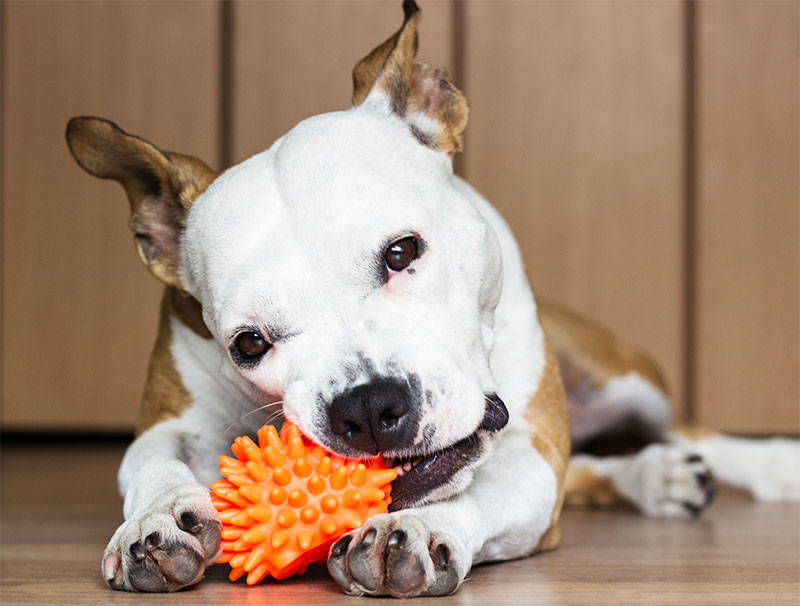Caring for My Pet's Allergies at Home: A Guide to Compassionate Care
As pet owners, we understand the joy and companionship our furry friends bring into our lives. However, just like humans, animals can also suffer from allergies that affect their overall well-being. Recognizing the symptoms of allergies in pets and knowing how to provide proper care at home are crucial steps in ensuring their comfort and happiness.


Understanding Pet Allergies
Allergies in pets can manifest in various ways, often leading to discomfort and a decrease in their quality of life. Dogs and cats can develop allergies to environmental factors, such as pollen, dust mites, and mold, or to certain types of food. While allergies cannot be cured, proactive management and care can greatly alleviate their impact on our beloved pets.
Recognizing Symptoms of Allergies In Pets
Recognizing the symptoms of allergies is the first step toward providing relief for your furry friend. The signs may vary depending on the type of allergy, but some common symptoms include:
Skin Irritation: Itching, redness, rashes, and hot spots are common signs of allergies in pets. Excessive scratching, licking, or biting of the affected areas can lead to hair loss and skin infections.
Respiratory Issues: Allergies can cause pets to experience sneezing, coughing, wheezing, and even difficulty breathing. Keep an eye out for any changes in your pet’s breathing patterns.
Gastrointestinal Distress: Food allergies can result in digestive issues such as vomiting, diarrhea, and flatulence. It’s important to note any changes in your pet’s appetite or weight.

Caring for Your Pet's Allergies at Home
While veterinary care is essential for a comprehensive diagnosis and treatment plan, there are steps you can take at home to alleviate your pet’s allergy symptoms:

Regular Grooming: Regular grooming, including brushing and bathing, helps remove allergens and keeps your pet’s skin and coat healthy. Use gentle, hypoallergenic shampoos and seek advice from your veterinarian on suitable grooming techniques.
Clean Living Environment: Minimize exposure to environmental allergens by keeping your home clean. Vacuum regularly, wash bedding frequently, and use air purifiers to reduce airborne allergens.
Allergen-free Diet: If your pet has food allergies, work closely with your veterinarian to identify and eliminate the allergen from their diet. This may involve a trial and error process of eliminating certain ingredients or switching to hypoallergenic pet food.
Environmental Modifications: Identify potential allergens in your pet’s environment and make necessary modifications. For example, if pollen is a trigger, avoid walking your dog in fields or parks during high pollen seasons.
Supplements and Medications: In some cases, your veterinarian may recommend the use of supplements or medications to manage your pet’s allergies. These can include antihistamines, corticosteroids, or immunotherapy, tailored to your pet’s specific needs.
Seeking Veterinary Care & Allergy Testing at Compassion Animal Hospital
While these home care strategies can provide temporary relief, it is important to remember that allergies require professional attention. Our compassionate team at Compassion Animal Hospital is dedicated to providing the highest standard of veterinary care for your pets. We possess the expertise to accurately diagnose your pet’s allergies, prescribe appropriate medications, and guide you through the best course of action to improve their overall well-being. We encourage you to call us today to schedule an appointment for your pet!







